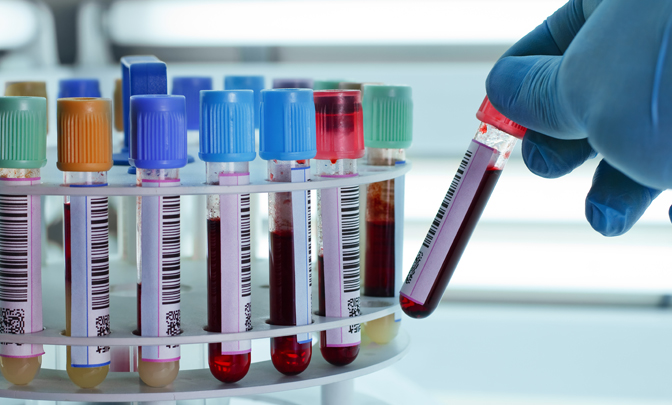Cancer is one of the world’s most serious diseases. In 2016, it had a worldwide death toll of 14 million, exceeding that of AIDS, tuberculosis and malaria combined. Global cancer burden is expected almost to double to more than 21 million cases and 13 million deaths by 2030. There is a rising demand to prevent and to treat cancers.

The main treatment therapies for cancer are chemotherapy, anti-angiogenic therapy, and radiotherapy. However, the present cancer situation clearly indicates that better treatment options that selectively target cancer dependent pathways with little or no toxicity to normal tissues are urgently warranted.
Immunotherapies, such as therapeutic vaccines and immune checkpoint blockade therapies (ICBs), are at the forefront of cancer treatment as they are safer, and more specific alternatives to standard cancer therapeutics. A central aim of cancer immunotherapies is the induction of effective anti-tumor immunity in cancer patients leading to elimination of tumors and long-lasting protection.

Many studies have identified the main factors limiting the clinical of these cancer immunotherapies. Regarding therapeutic cancer vaccines the main hurdles reside in the sub-optimal design and composition of these vaccines and the target of the irrelevant tumor antigen leading their incapacity to prime robust and long-term anti-tumor immune responses, due notably to their difficulty to generate balanced CD8+ and CD4+ T-cell responses, their incapacity to limit immune tolerance and/or a restricted efficacy to certain cancer indication or patients. Another major limitation is that cancer vaccines are not able to overcome the tumor-induced immunosuppressive mechanisms notably the overexpression of immune checkpoint inhibitors leading to T-cell anergy in the tumor microenvironment.
Immune checkpoint blockade therapies with antibodies targeting cytotoxic T lymphocyte–associated antigen 4 (CTLA-4) and the programmed cell death protein 1 pathway (PD-1/PD-L1) have demonstrated promise in a variety of malignancies. However, despites promising results in clinical trials, objective clinical responses to single-agent immune checkpoint inhibitor are limited to only a fraction of unselected patients, and complete clinical responses are rare. This is notably due to the incapacity of ICBs to prime de novo immune responses so limiting their efficacy to selected cancer patients already having strong endogenous anti-tumor immune responses. Moreover, ICBs induce high-grade immune related toxicities in a significant percentage of the immunized patents. Finally, primary resistance to such immunotherapies has been observed in various cancers.
Whilst significant progress has been made with these therapies, there remain significant shortcomings, such as success rates still below 30% and significant side effects. There is therefore a need for novel strategies for the development of safer and more effective cancer immunotherapy approaches to offer better options and great hope for cancer patients in winning the war against cancer.
